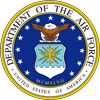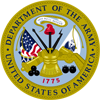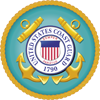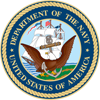 Prev - 60J Prev - 60J | Medical Corps Jobs | Next - 60S |
Occupational Medicine Officer - 60D
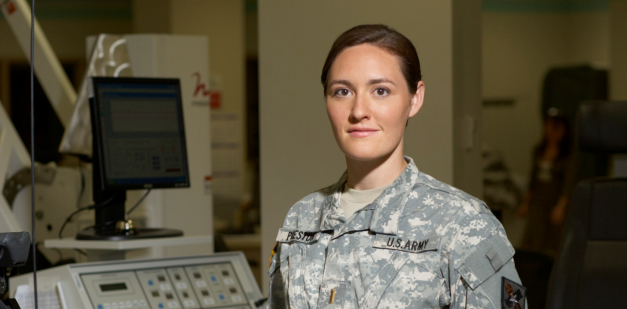
- Active/Reserve:Both
- Officer/Enlisted:Officer
- Restrictions:None
Occupational medicine officers determine the conditions that influence the health of military and DA civilians, and supervises occupational health programs.
As an officer on the U.S. Army health care team, you can build a distinguished medical career while making a difference in the lives of the Soldiers and their families.
Recommend the measures that are to be taken for improvements in physical fitness, disease prevention and injuryExercise command of medical units as provided by law and regulation Perform staff functions in health support for commanders at all levelsMedical research on diseases of military importanceParticipate in graduate medical education and train other personnel Serve unique duty positions as a chief, consultant and/or faculty member in occupational health service
Active Duty
Doctor of medicine/osteopathy degree from an accredited U.S. school (foreign graduates may apply if they have a permanent certificate from the Educational Commission of Foreign Medical Graduates)Current license to practice medicine in the United States, District of Columbia or Puerto RicoEligibility for board certificationCompletion of at least one year of an approved graduate medical education internshipCompletion of a training program in occupational medicineMust be between 21 and 42 years of age (may request a waiver Locate A Recruiter for more information)Must be a U.S. citizenArmy ReserveIn addition to the above qualifications, permanent U.S. residency is required for Reserve duty officers.
Job training for an Army medical officer includes first-year graduate medical education, residency and fellowship programs. Qualifying students benefit through unique training experiences and get to attend certain military short courses designed to develop tactical, technical and operational skills unique to the military environment. As an Army Medical Corps officer, you'll have access to the most sophisticated technologies and the opportunity to consult with experts in both the military and private sectors.
Ability to make accurate, immediate decisions Perform under stressApply critical technical and thinking skillsTremendous concentration
The Armed Services Vocational Aptitude Battery (ASVAB) is an examination that is administered by the United States Military Entrance Processing Command. It is used to determine qualification and helps predict future academic and occupational success in the military.
No ASVAB
Active DutyIn addition to the many privileges that come from being on the U.S. Army health care team, you'll also be rewarded with:
30 days of paid vacation earned annuallyNoncontributory retirement benefits with 20 years of qualifying serviceNocost or lowcost medical and dental care for you and your familyArmy Reserve
Health Professional Special PayHealth Professionals Loan RepaymentNoncontributory retirement benefits at age 60 with 20 years of qualifying serviceLowcost life and dental insurance, and travel opportunitiesActive Duty & Reserve
Commissary/post exchange shopping privilegesFlexible retirement savings/investment plan similar to a 401(k)May receive pay for continuing education and specialized training
See the whole list of Army Occupational Specialties here
To learn more about the Army's rank structure, see our complete list of Army ranks.
To see a list of military medals and decorations that can be earned by servicemembers in the Army and other branches of the military, see our list of military decorations and medals.


